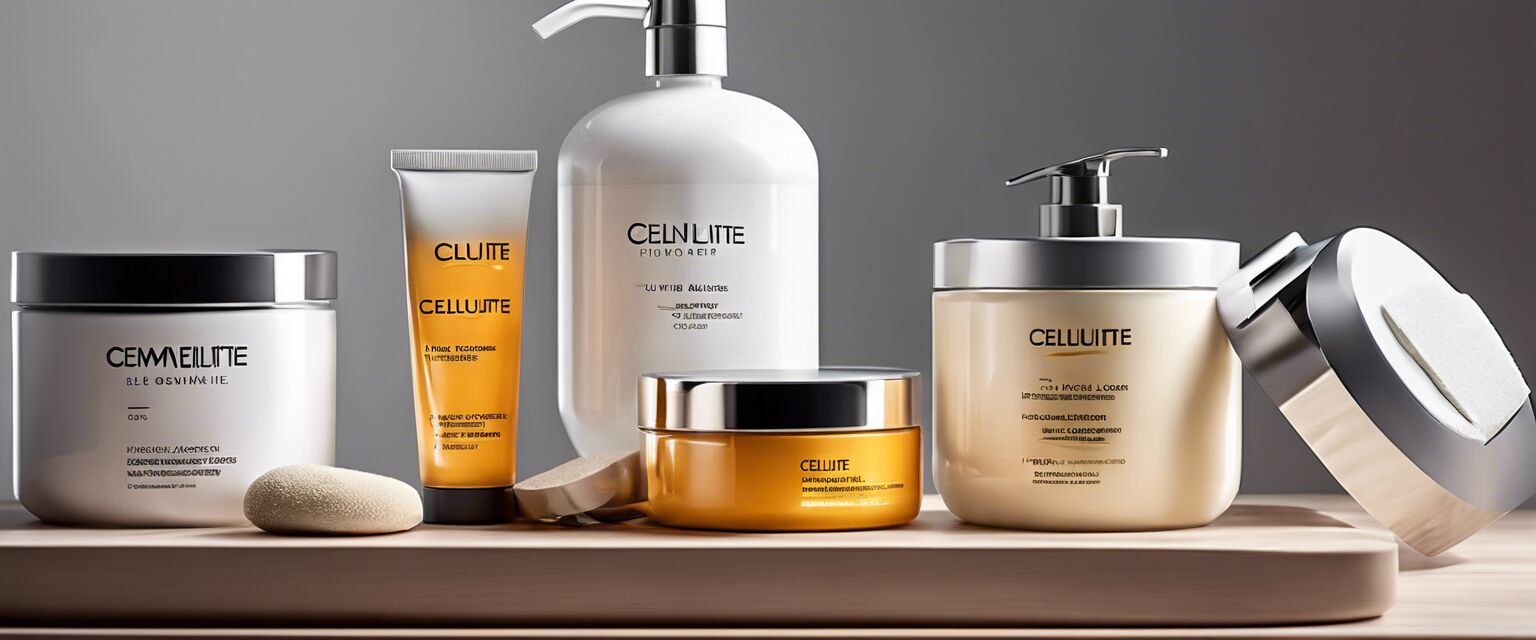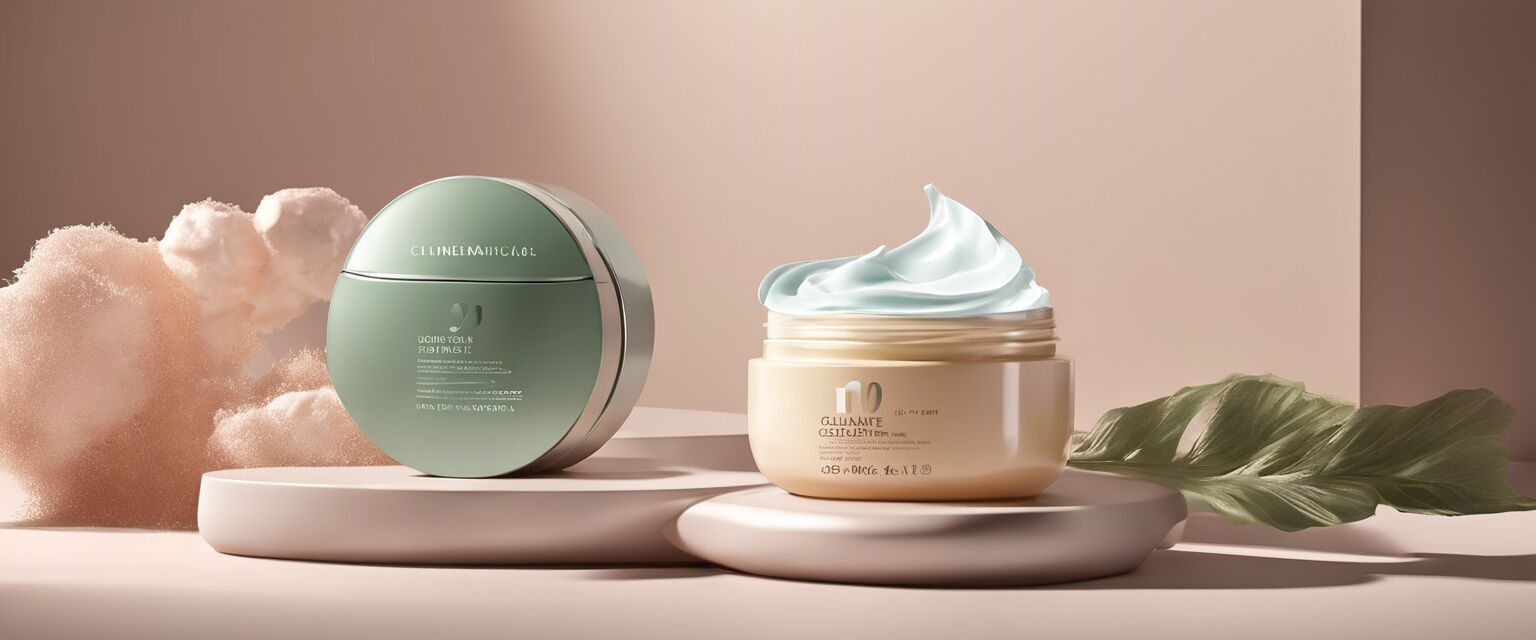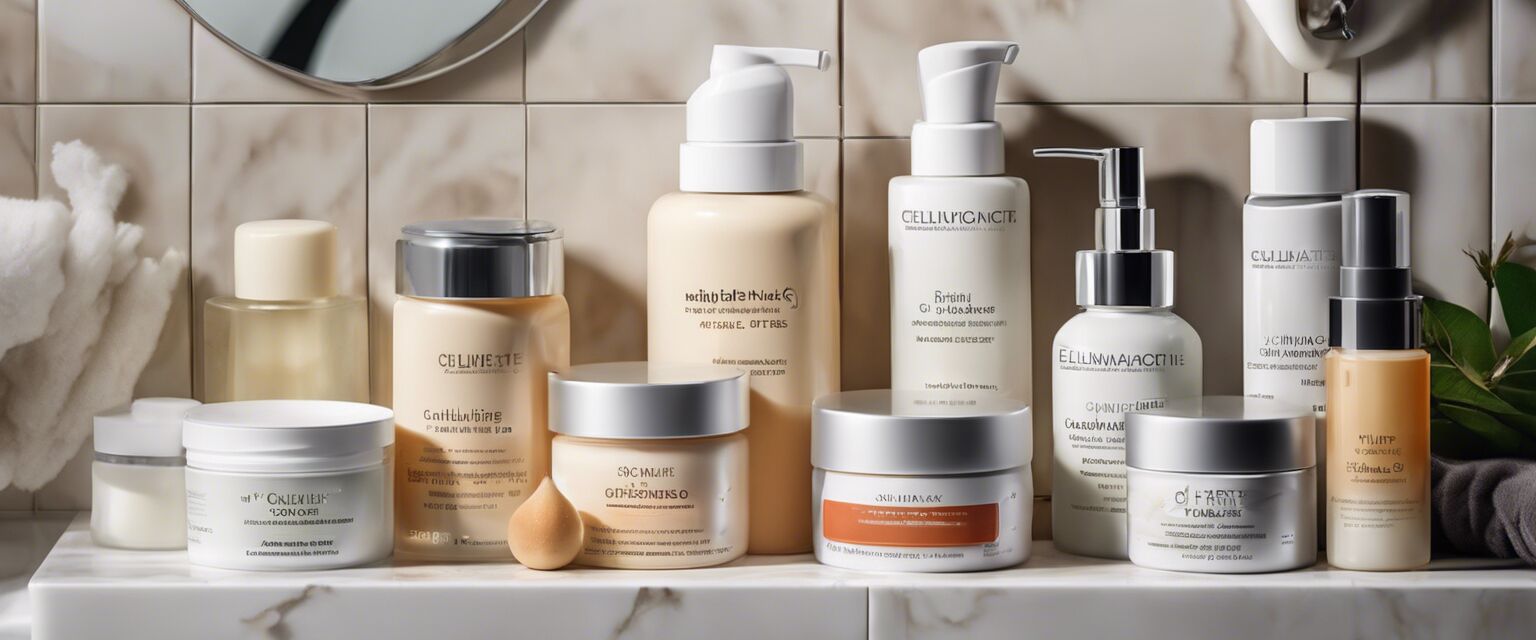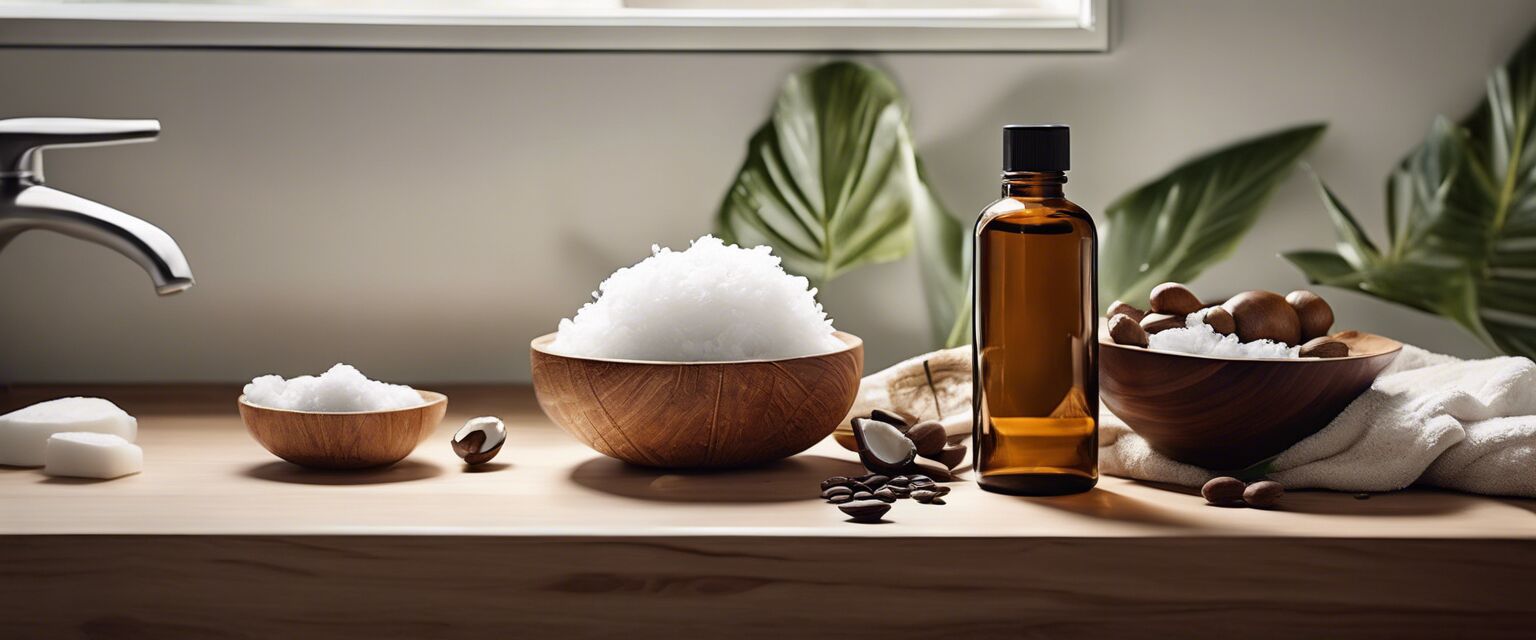
The science behind cellulite creams
- Cellulite affects many, primarily women, and is resistant to traditional weight loss methods.
- Active ingredients in cellulite creams can improve skin texture and appearance.
- Regular use combined with massage techniques may yield the best results.
- Understanding the science can help you choose the right product for your needs.
Cellulite is a common skin condition that many individuals experience, characterized by a dimpled texture on the skin, particularly in areas such as the thighs, hips, and buttocks. Understanding how cellulite creams work can help us choose the best products for tackling this condition. In this article, we will delve into the science behind these creams, including their key ingredients and how they can improve the appearance of cellulite.
What is cellulite?
Cellulite is a benign condition that occurs when fat deposits push through the connective tissue beneath the skin. This can create a lumpy or dimpled effect on the surface.
The formation of cellulite
- Hormonal factors: Hormones like estrogen, insulin, and others play a significant role in fat distribution.
- Aging: As the skin loses elasticity with age, the appearance of cellulite may become more pronounced.
- Genetics: Family history can influence predisposition to cellulite.

Active ingredients in cellulite creams
Cellulite creams can contain a variety of active ingredients, each designed to assist in reducing the appearance of cellulite. Here are some common ingredients found in many products:
| Ingredient | Function |
|---|---|
| Caffeine | Stimulates circulation and temporarily tightens skin. |
| Retinol | Promotes skin cell turnover and improves elasticity. |
| Centriole extract | Targets fat cells and may help improve skin texture. |
| Algae extract | Moisturizes while helping to firm the skin. |
| Essential oils | Provide aromatherapy benefits and improve skin hydration. |
How do cellulite creams work?
The effectiveness of cellulite creams relies on their formulation and specific ingredients. Hereâs how they assist in improving the appearance of cellulite:
- Improving blood circulation: Ingredients like caffeine can enhance blood flow, making the skin appear tighter.
- Hydration: Many creams include moisturizers that keep the skin hydrated, improving its texture.
- Collagen production: Ingredients such as retinol may stimulate collagen production for firmer skin.
- Fat breakdown: Some creams may contain components that encourage the breakdown of fat in targeted areas.
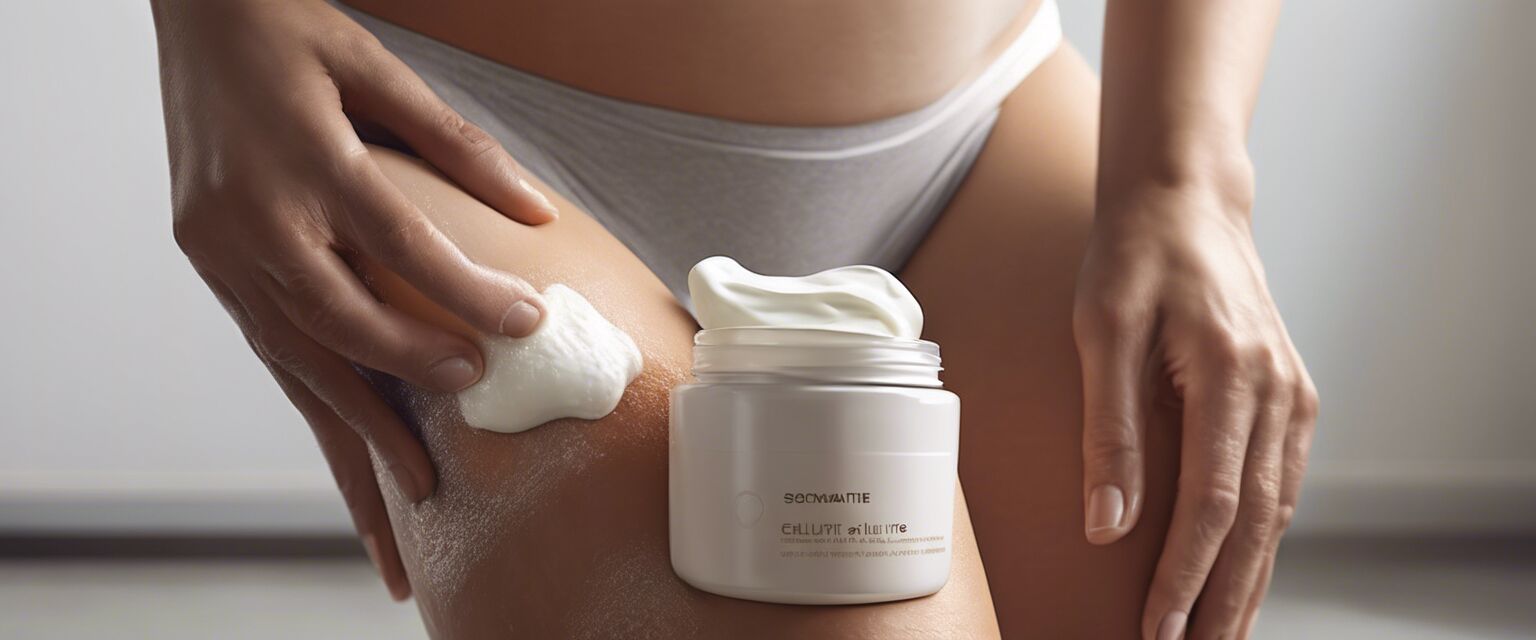
How to use cellulite creams
For optimal results, follow these steps when using cellulite creams:
- Apply the cream daily to the targeted areas.
- Utilize circular motions to massage the cream into the skin, facilitating absorption.
- Combine usage with regular exercise for enhanced results.
- Maintain a healthy diet that supports skin health.
Expected results
While results can vary from person to person, consistent use of cellulite creams can lead to:
- Smoother skin texture.
- Reduction in the visibility of cellulite over time.
- An overall improvement in skin firmness.
Limitations of cellulite creams
Despite their benefits, itâs important to keep in mind:
- Results may not be permanent and can require ongoing application.
- Not all products work the same for everyone; individual skin types influence effectiveness.
- Cellulite creams should be viewed as a supplement to a healthy lifestyle rather than a standalone solution.
Conclusion
Understanding the science behind cellulite creams can help you make informed decisions about which products to choose and how to use them effectively. While these creams can improve the appearance of cellulite temporarily, combining their use with a healthy lifestyle yields the best results.
Pros
- Can improve skin appearance and texture.
- Easy to use and incorporate into a daily beauty routine.
- Many products are affordable and accessible.
Cons
- Results can vary greatly between individuals.
- Effects are temporary and require ongoing application.
- They should not replace exercise and a balanced diet.
